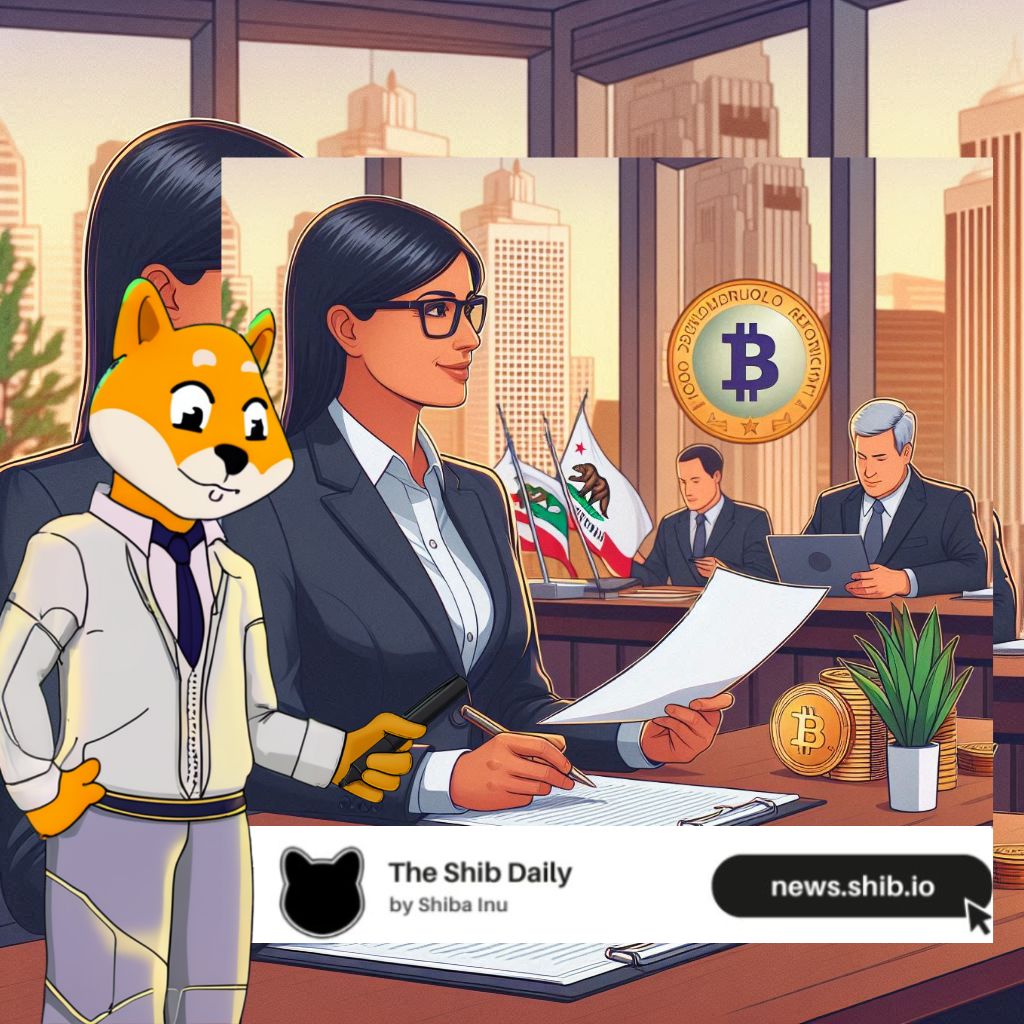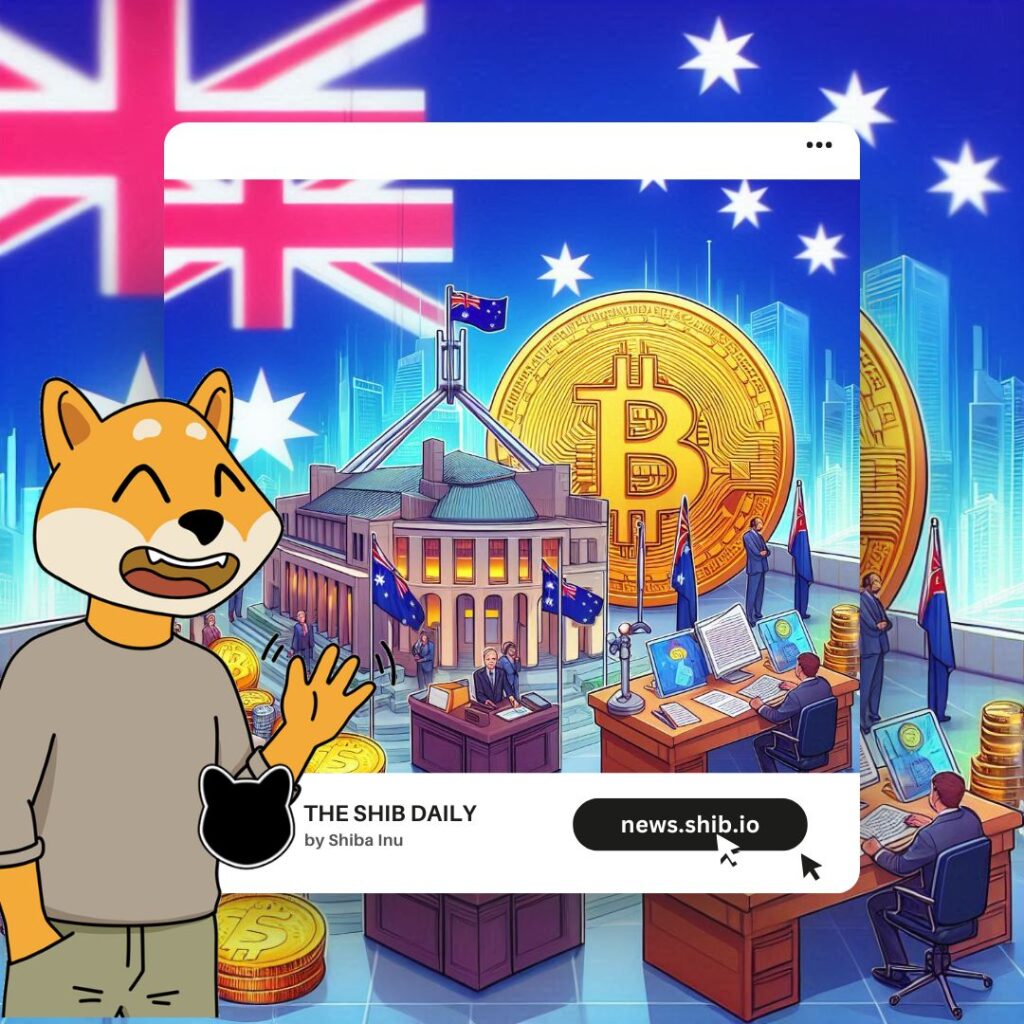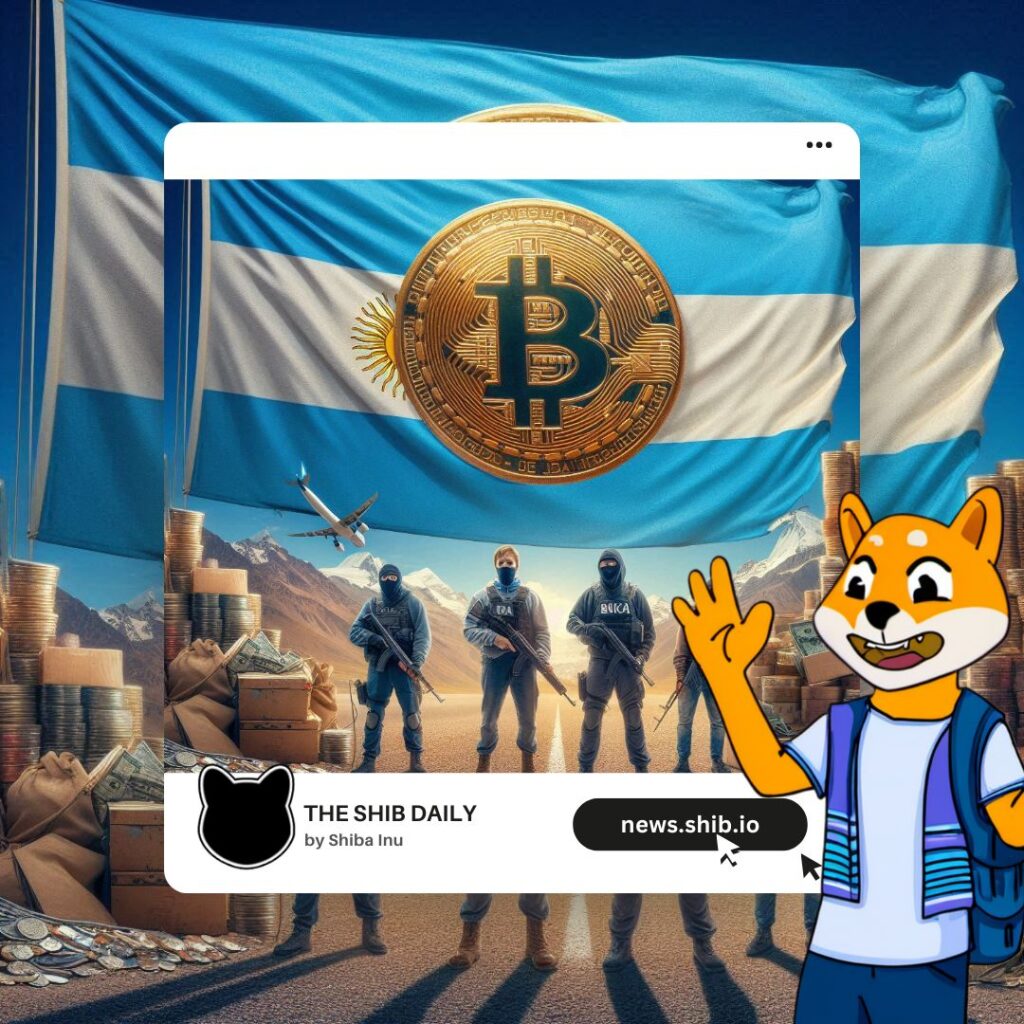Two users of the prominent NFT marketplace OpenSea, Anthony Shnayderman and Itai Bronshtein, have filed a class-action lawsuit, accusing the platform of selling unregistered securities.
The lawsuit, initiated on September 19 in Florida, claims that NFTs purchased through OpenSea, including those from the Bored Ape Yacht Club collection, are now worthless due to their allegedly illegal nature.
The plaintiffs argue that certain NFTs sold on OpenSea meet the criteria оf an investment contract under the Howey test, which defines what constitutes a security. They claim their purchases were part of a common enterprise, made with the expectation of profit derived from the efforts of others, which they argue qualifies the NFTs as unregistered securities.
Related: Kusama Reveals Details Of New AI Product in Recent Livestream
OpenSea’s Wells Notice From the SEC
Shnayderman and Bronshtein’s complaint references a Wells notice recently issued to OpenSea by the U.S. Securities and Exchange Commission (SEC). The notice, a formal notification from the SEC indicating the possibility of enforcement action, followed an invеstigation into the platform’s activities. The plaintiffs argue that this suggests OpenSea may be held responsible for facilitating sales of unregistered securities.
They compare their case to previous SEC actions against NFT-related projects, such as Stoner Cats 2 and Impact Theory, which were charged with selling the same. The lawsuit further claims that OpenSea listings misled users into purchasing NFTs that were “worthless and unlawful” due to their status as unregistered securities.
The lawsuit alleges that OpenSeа breached its user warranty by failing to monitor its marketplace properly for securities-related activity. Shnayderman and Bronshtein contend that OpenSea unjustly enriched itself by collecting fees on transactions it should have known involved unregistered securities. The plaintiffs argue that OpenSea knowingly profited from these sales by collecting transaction fees.
Related: Shiba Inu Secures Victory on CoinGecko with New Page Update
Declining NFT Market Trends
In recent months, several companies have scaled back their involvement in NFTs. A CryptoPunk NFT that sold for $23.2 million in 2022 was resold at an 80% discount for 1,500 ETH, approximately $3.9 million. Starbucks also ended its NFT rewards program in March, while GameStop closed its NFT marketplace in January after downsizing its crypto-related services. Social media platform X, previously Twitter, also discontinued a feature that allowed users to display NFTs as profile pictures.












